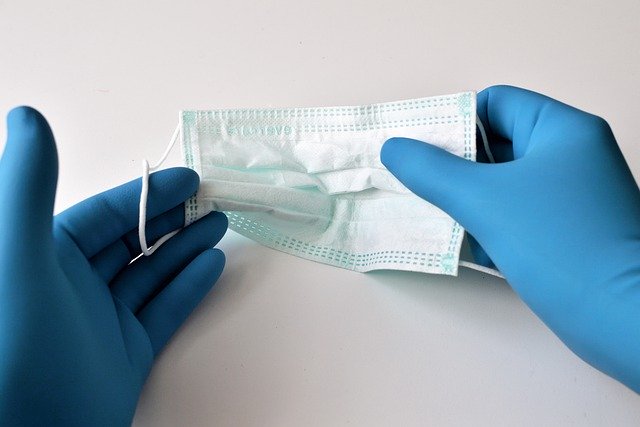Bill Gates Backed Testing Group Sidelined By Red Tape, COVID-19 Researchers Baffled

Health officers questioned the action of the US Food and Drug Administration, which stopped SCAN from evaluating nasal test results. The Seattle Coronavirus Assessment Network, or SCAN, is funded by Microsoft head and philanthropist Bill Gates.
In a report from Nature, the temporary restriction will both partly hamper the local and national government's resourcefulness in these trying times.
Seattle and King County public health officer Jeff Duchin had this to say in the interview about Gates' coronavirus test program: "SCAN provided valuable data to help us more completely understand the epidemiology of the outbreak."
A still shocked Octant co-founder Sri Kosuri exasperatedly questioned the discontinuance, especially with the need for rapid mass testing.
ALSO READ: Coronavirus Update: Companies and Their Progress on the Development of a Vaccine
"The Seattle group was literally the only group that has really figured out these logistics, and was trying to scale this, and now you want to shut them down?"
In view of this, the coronavirus materialized first in the Pacific Northwest state of Washington. By mid-May, Seattle has become part of the nation's largest metros to be hit hard by COVID-19, with the Washington state having more than 18,000 confirmed cases.
With such a growing number, SCAN's screening efforts helped processed 20,000 tests. This initiative managed to pinpoint which communities in Seattle were severely affected by the virus. In a nutshell, the program was geared towards individuals who were either healthy or sick, thus creating baseline data for age, gender, and pre-existing health conditions.
Gates discussed the endeavor and posted how SCAN works on one of his sites:
"SCAN is a first-of-its-kind disease surveillance platform for COVID-19 that allows participants to use a self-swab test to collect their own nasal samples and send them to a lab without leaving home. As a surveillance program, SCAN's goal isn't to test every person or serve as a replacement for medical care. Instead, SCAN is testing a sample of people in the Seattle region, including those who are healthy as well as those who are feeling sick."
However, the FDA wanted to discontinue the home collection as they have concerns about the safeness of the people when handled by the public, as reported by the New York Times. One of SCAN's protocol is to return test results to their subjects. Because of this, the FDA does not allow researches to give back results to either patients or doctors.
Under those circumstances, SCAN made it clear by posting on their site:
"With regard to proper specimen collection outside of a clinical setting, our experience from more than 18 months of sampling with the Seattle Flu Study and now SCAN also shows a low rate of insufficient nasal sampling. The internal control in our assay readily identifies whether a sufficient specimen is collected."
DON'T MISS THIS: Does Genetics Affect the Severity of COVID-19?
© MD News Daily.
